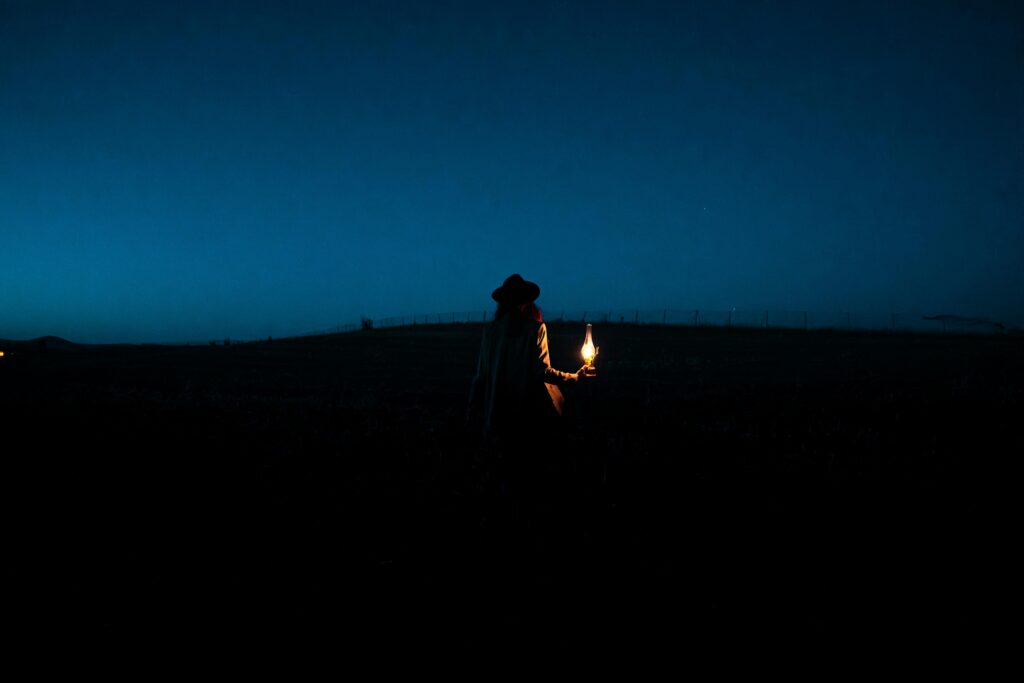The Essence of Ramadan: Reflection, Gratitude, and Community
Ramadan is the ninth month in the Islamic calendar, widely seen as a month of blessings. Allah says in the Holy Book Quran about fasting that every Muslim who is healthy must fast from sunrise to sunset. Being Muslim, Ramadan isn’t just about hunger or thirst; it teaches us self-control our anger & bad habits. Instead, the holy month of Ramadan provides us a chance to improve spiritually and always bow to Allah, who has appreciated life’s treasures. Off course, it’s a chance to pause, reflect, and grow closer to Allah. Gratitude, self-control, and patience are lessons learned via fasting. For instance, missing meals makes us think of those who go hungry every day. In this sense, humility and empathy bring blessings.
Blessing 1: Spiritual Growth and Inner Peace
Ramadan’s emphasis on prayer and introspection is one of its greatest advantages. Muslims pray more frequently during this month, particularly at night. These unique prayers, known as Taraweeh, provide a peaceful setting for reestablishing one’s faith. For example, many people find serenity in silent prayer or reciting the Quran. Fasting also aids with mental “resetting.” People concentrate on kindness and patience by avoiding distractions like gossip and hostility. To put it briefly, Ramadan strengthens faith and inner tranquility.
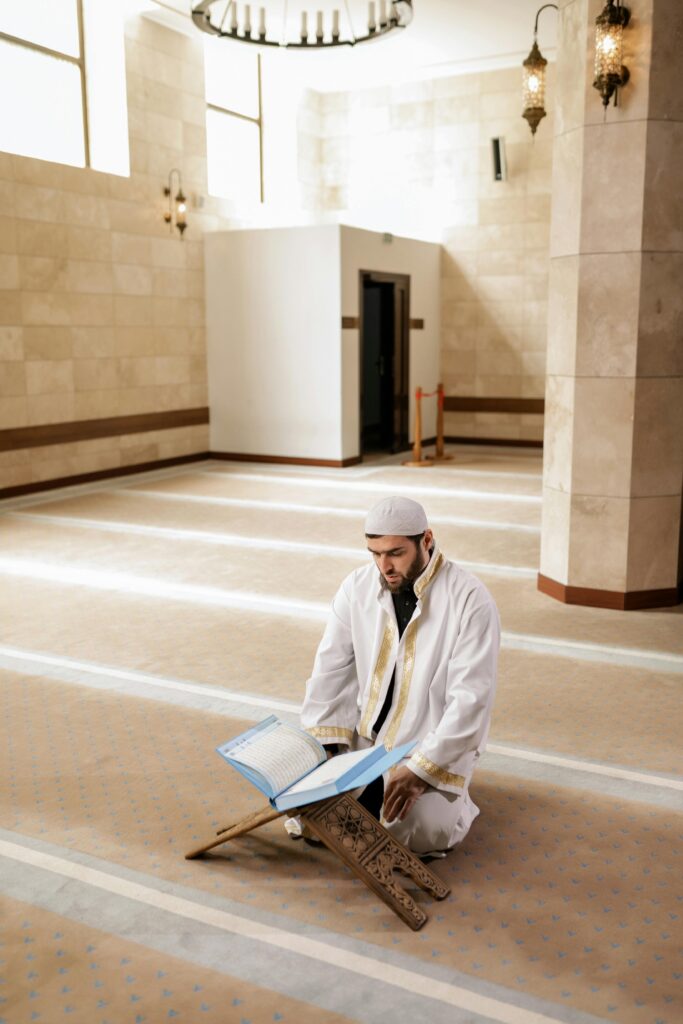
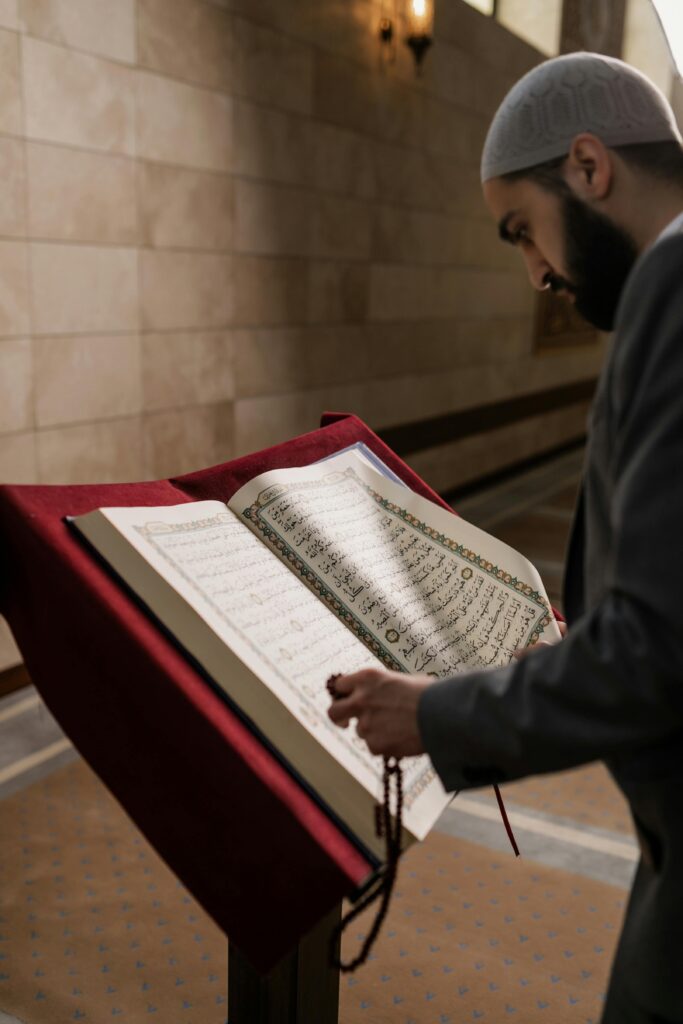
Blessing 2: Stronger Families and Communities
Jointness among the family is another important benefit of Ramadan. Families, for instance, get up early to enjoy the pre-dawn meal known as Suhoor then reassemble for Iftar at dusk. Additionally, communities come together. Everyone receives free meals from the mosque, neighbors trade handmade food, and complete strangers become friends. Ramadan teaches us that kindness has no bounds and dismantles barriers in this way.
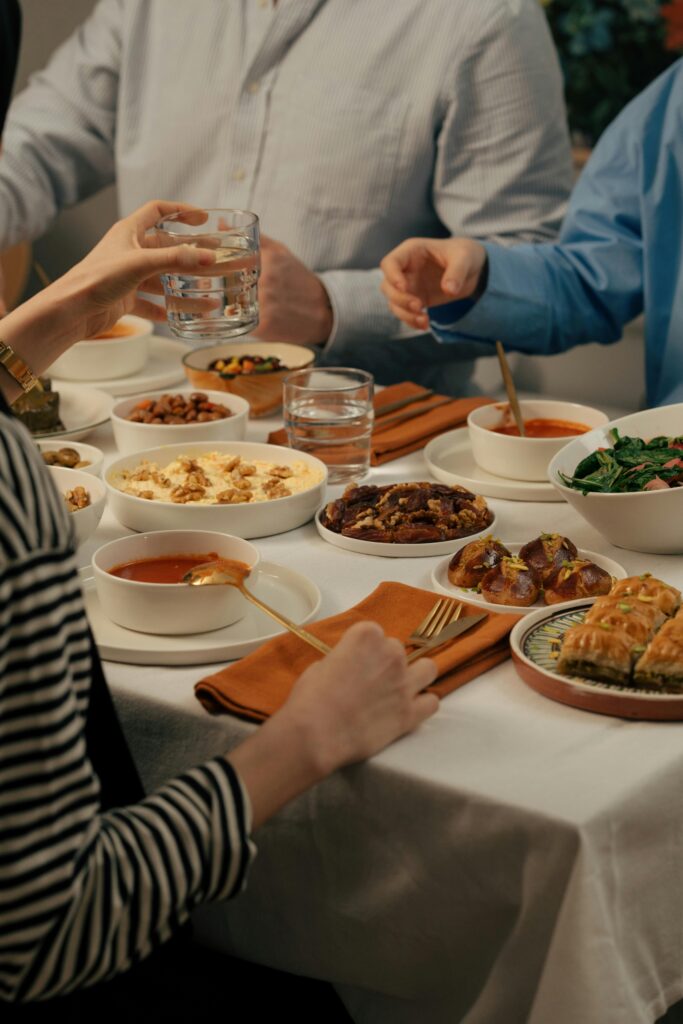

Blessing 3: The Joy of Giving
Charity is one of Ramadan’s blessings, shining brightest. Giving to those in need (Zakat and Sadaqah) is a core part of the month. For instance, donating money, feeding the hungry, or even helping a neighbor carry groceries counts. But the magic lies in how giving benefits both sides. While the receiver gains support, the giver feels joy and purpose. As a result, small acts of generosity create ripples of positivity that last long after Ramadan ends.

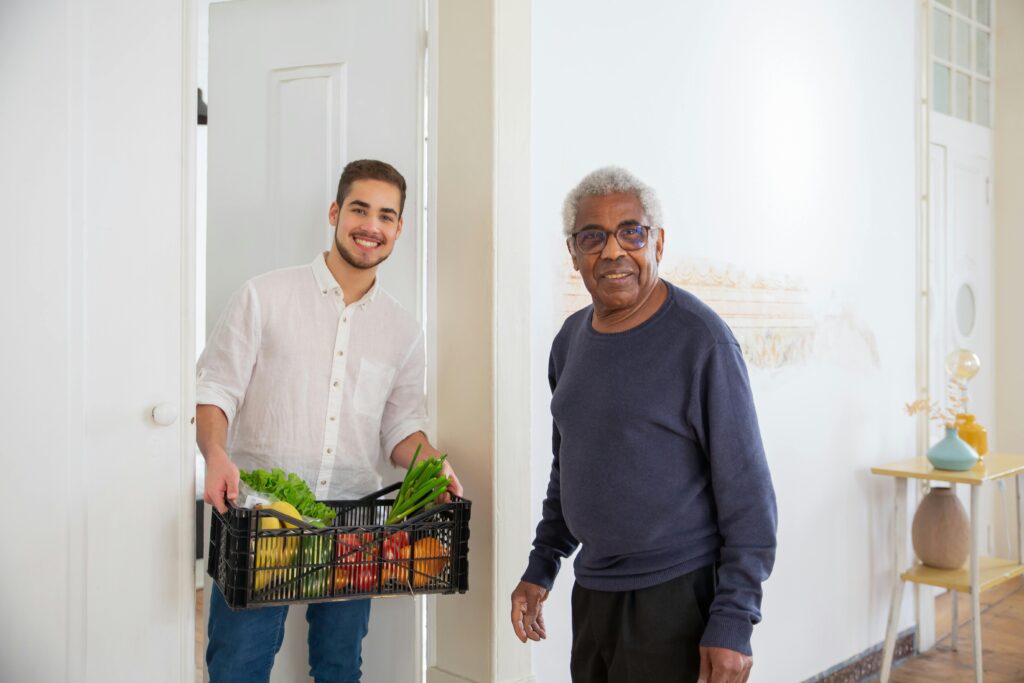
Blessing 4: A Fresh Start for the Heart
Ramadan is about growth, not perfection. For instance, a lot of people utilize this month to stop time wastage or smoking. But perfection isn’t the main goal. Instead, it’s about making an effort to improve every day. These little actions build up, whether it’s expressing “thank you” more frequently, forgiving someone, or maintaining composure in traffic. Ultimately, Ramadan is like pressing a “refresh” button for the mind and emotions.

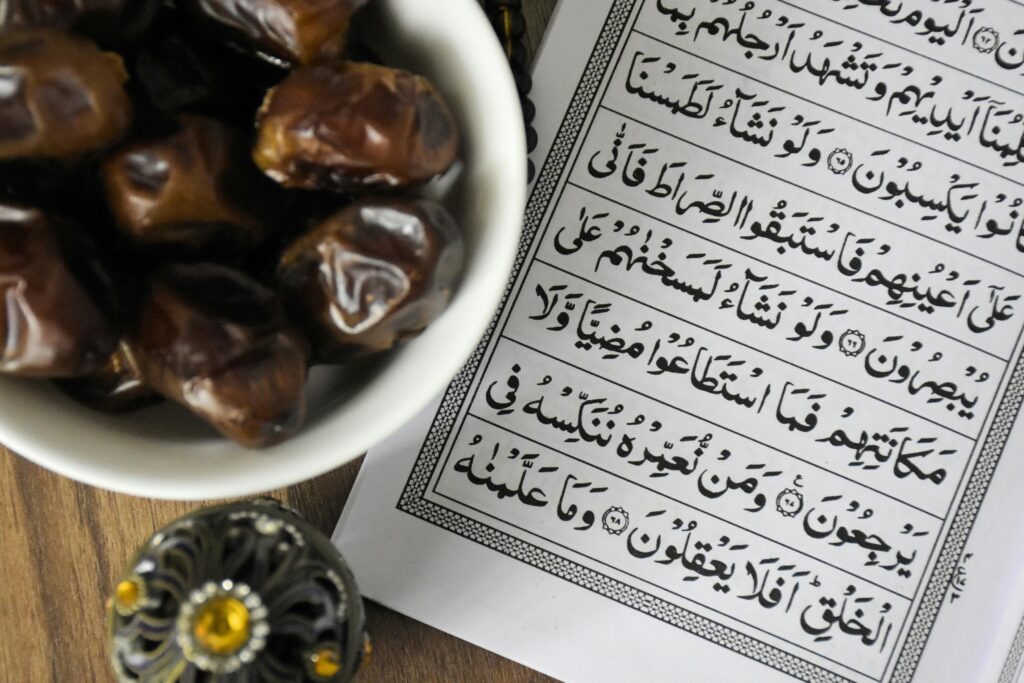
Blessing 5: Lessons That Last All Year
Ramadan’s greatest feature is that its advantages last long after the month is ended. Habits like self-control, altruism, and gratitude, for instance, endure. Additionally, relationships with friends, family, and the community that are formed throughout Ramadan strengthen over time. In families, Ramadan is like planting seeds of compassion. Those seedlings become a year-round garden of peace and love when they are tended.

Conclusion: A Month That Changes Lives
While making a summary, Ramadan is a month of countless blessings for one who really understands the essence of it. Muslims recharge their faith and reconnect with what truly matters through fasting, prayer, and acts of kindness. But its lessons aren’t limited to one month. The spirit of Ramadan lives on by carrying forward gratitude, empathy, and love. After all, blessings aren’t just about what we gain—they’re about what we share with the world.
